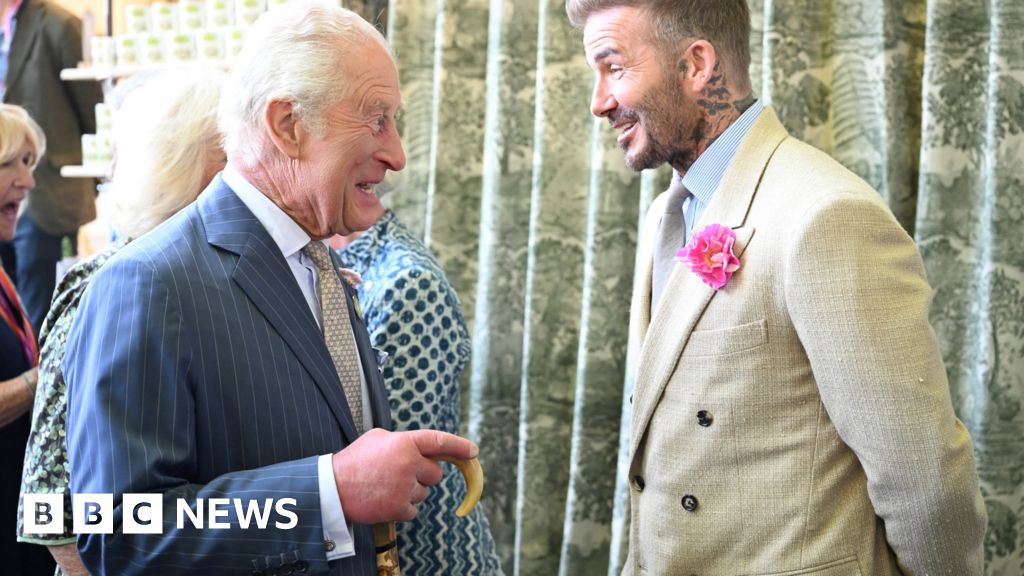ARTICLE AD BOX
 Image source, Getty Images
Image source, Getty Images
Andrew Lloyd Webber says the poltergeist would tidy scripts
Andrew Lloyd Webber has said he once called on a priest to help remove a poltergeist from his London home.
The composer believed the spirit had taken up residence in the 19th Century property he owned in Belgravia.
In an interview with The Telegraph, Lord Lloyd-Webber claimed the spook would take theatre scripts and place them in neat piles in odd places.
He said he had never seen a ghost but had witnessed some unusual activity in the central London home.
Image source, Getty Images
Image caption,A phantom featured in one of the composer's best-known shows - but not a poltergeist
Lord Lloyd-Webber said: "I did have a house in Eaton Square which had a poltergeist. It would do things like take theatre scripts and put them in a neat pile in some obscure room.
"In the end we had to get a priest to come and bless it, and it left."
The theatre impresario created the music for The Phantom of the Opera, which first opened on the West End in 1986.
Lord Lloyd-Webber composed the scores for a number of other celebrated musicals including Cats, Jesus Christ Superstar and Joseph and The Amazing Technicolor Dreamcoat.
What is a poltergeist?
According to the Oxford English Dictionary, a poltergeist is "a ghost or other supernatural being supposedly responsible for unexplained physical disturbances such as loud noises and the movement of objects."
The term comes from the combining of two German words: poltern (crash) and geist (spirit or ghost).
According to academics at Manchester Metropolitan University, some parapsychologists view poltergeists as a type of ghost or supernatural entity which are responsible for psychological and physical disturbance.
"Others believe that such activity originates from 'unknown energy' associated with a living person or a location.
"Sceptics, on the other hand, prefer mundane explanations such as attention seeking, pranks and trickery."
Listen to the best of BBC Radio London on Sounds and follow BBC London on Facebook, X and Instagram. Send your story ideas to hellobbclondon@bbc.co.uk

 1 year ago
38
1 year ago
38








 English (US) ·
English (US) ·